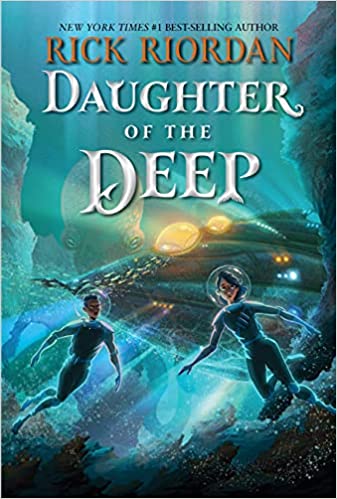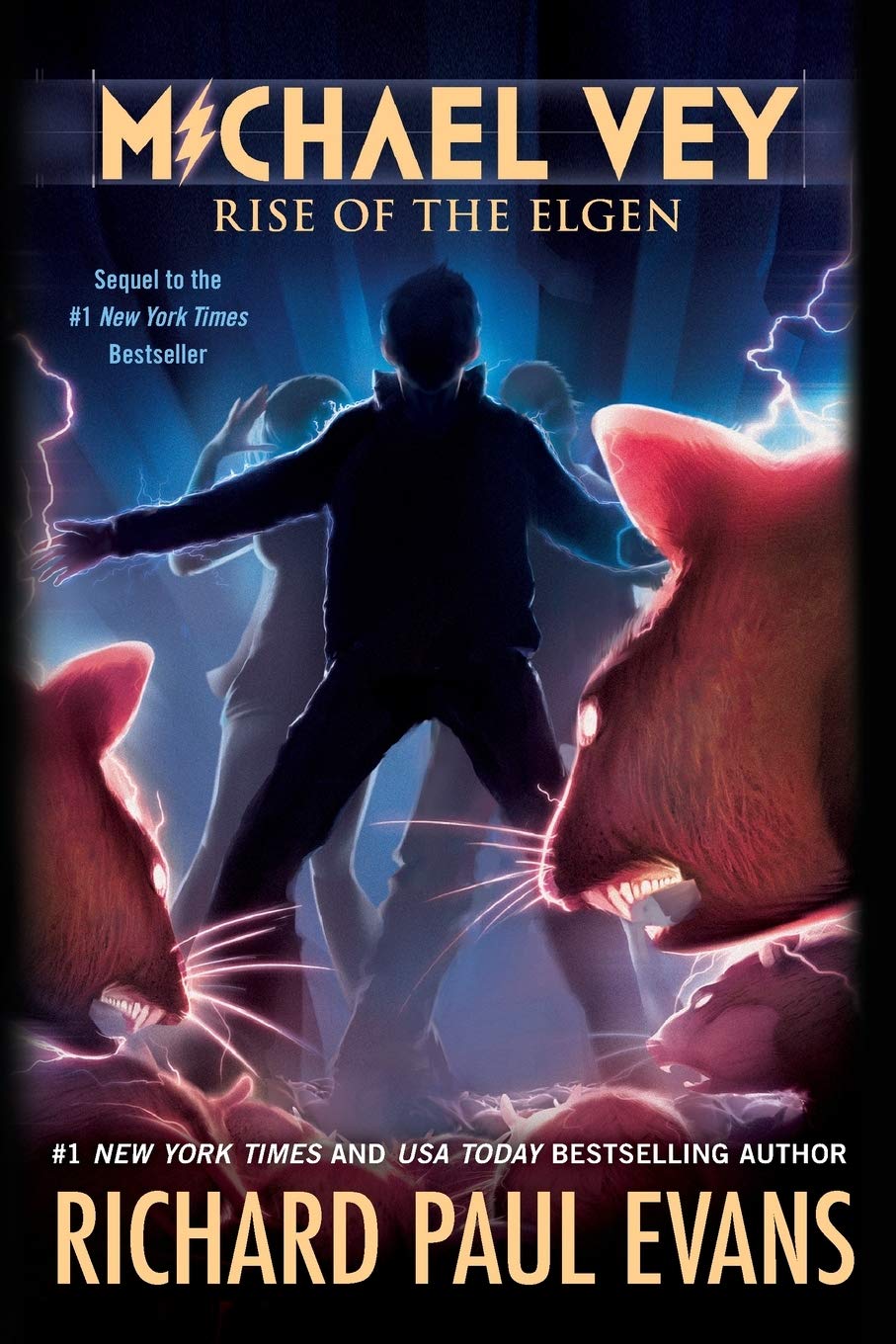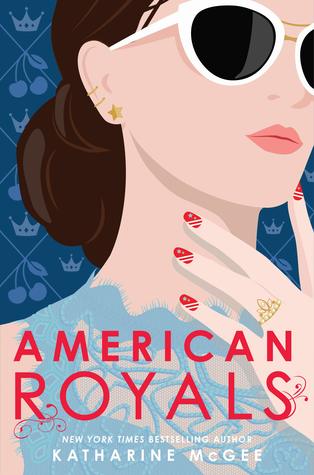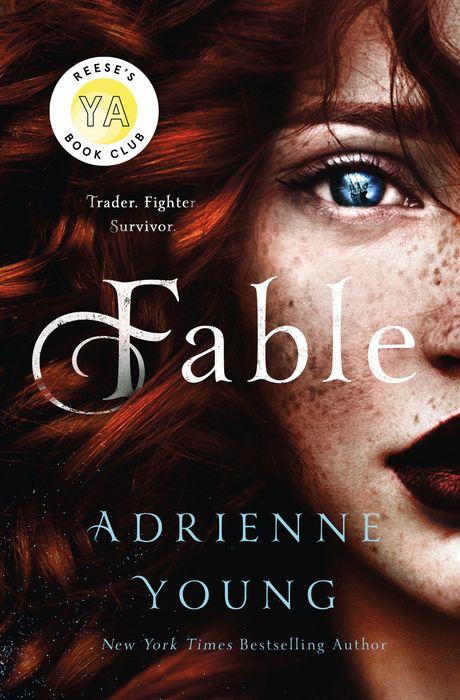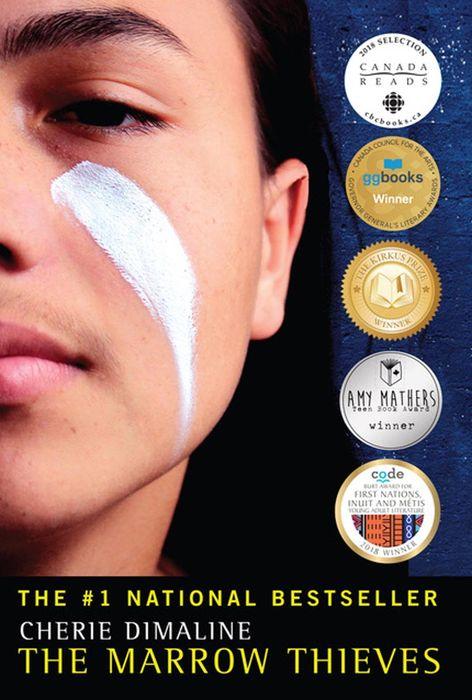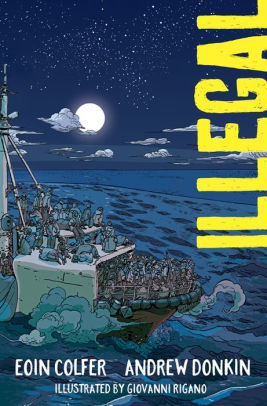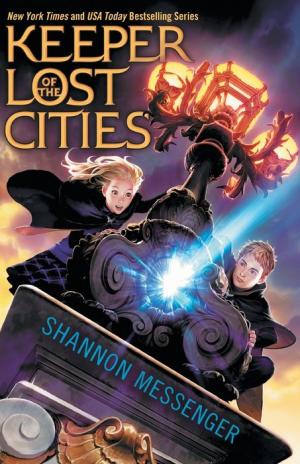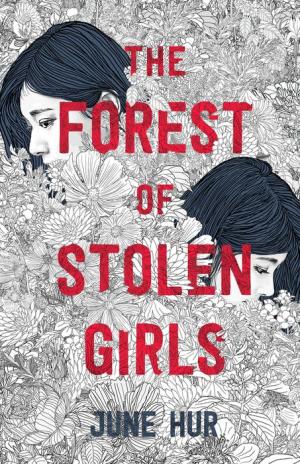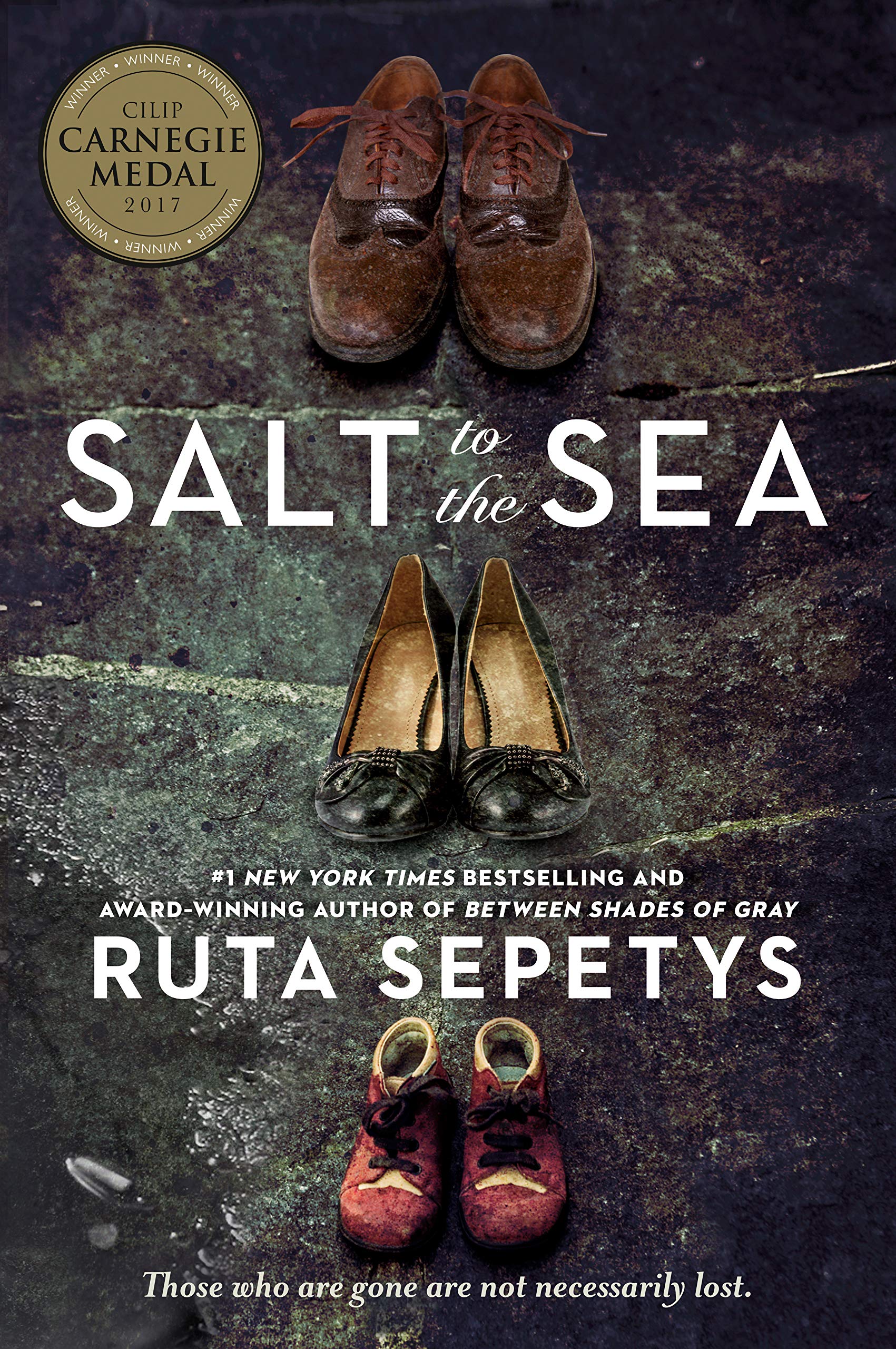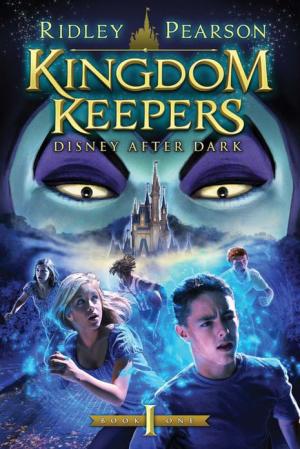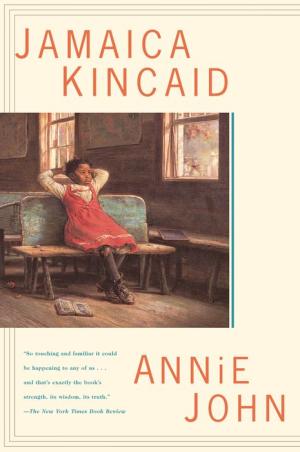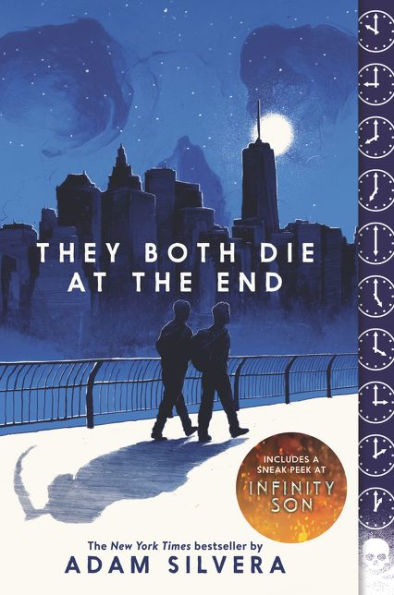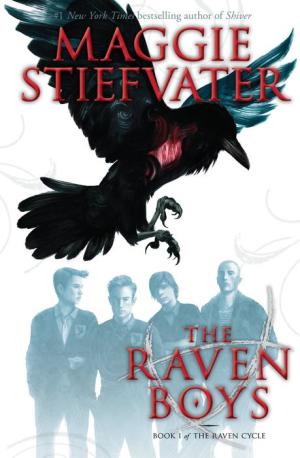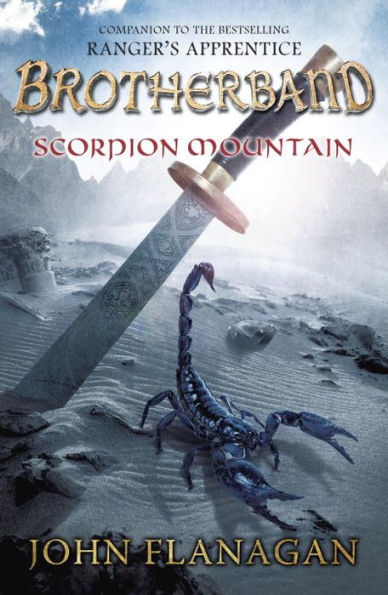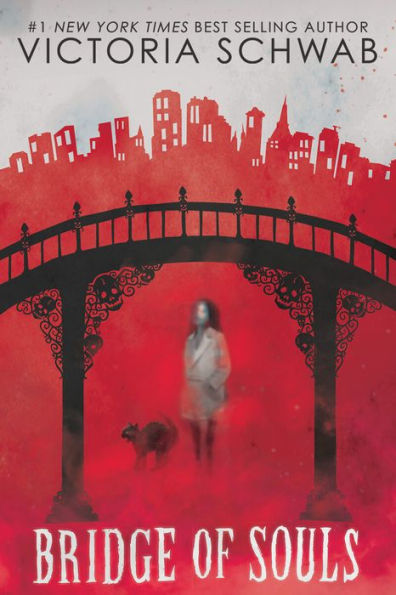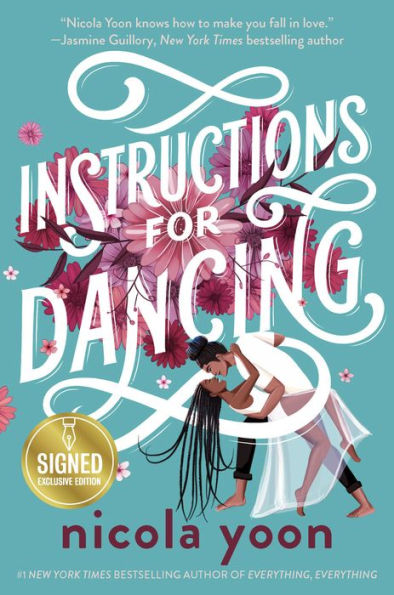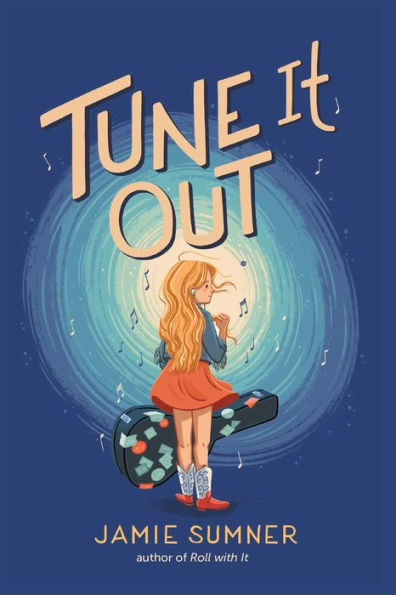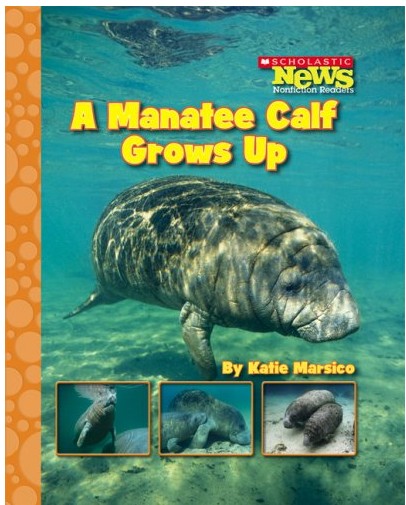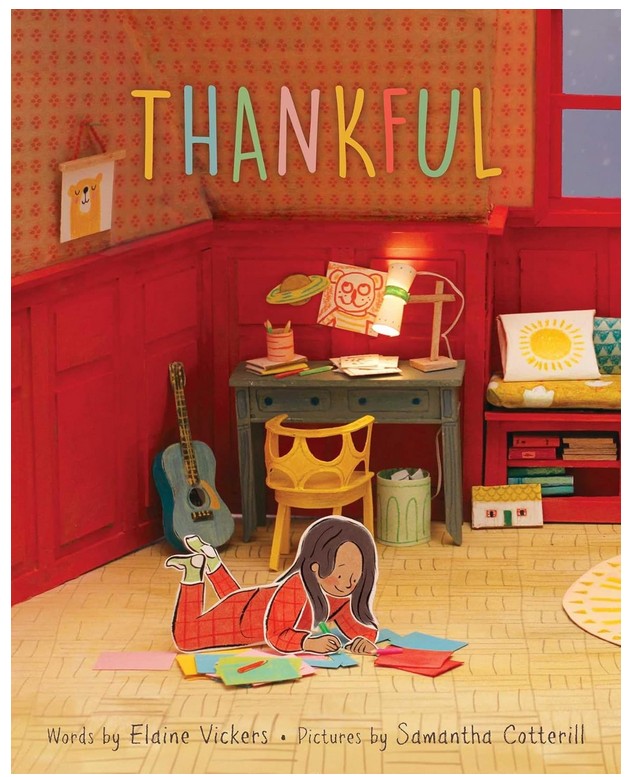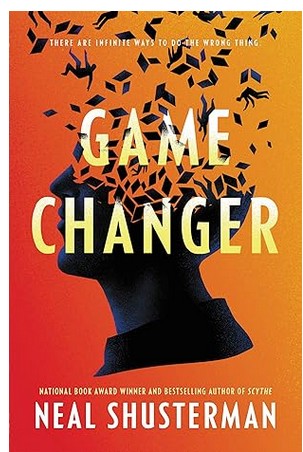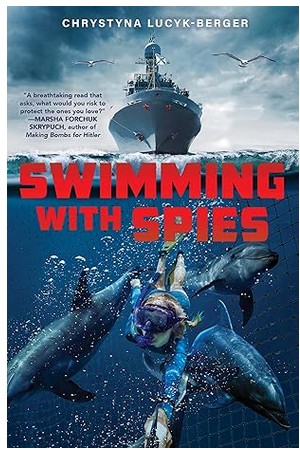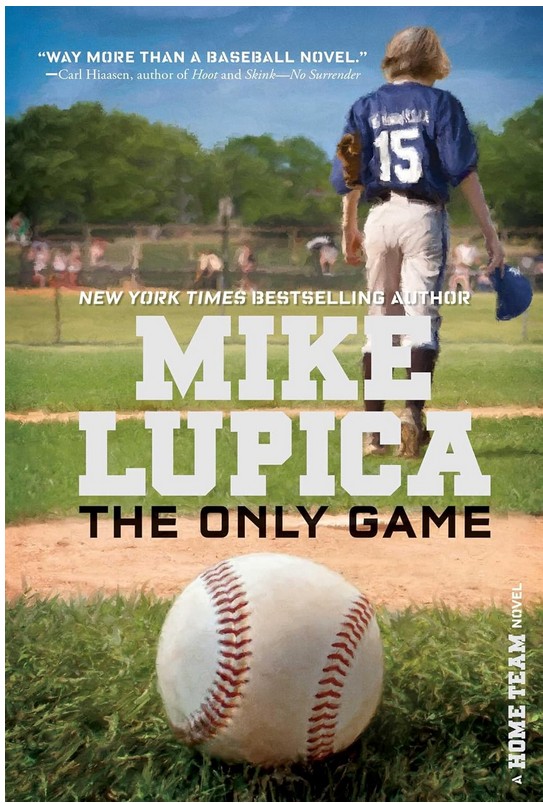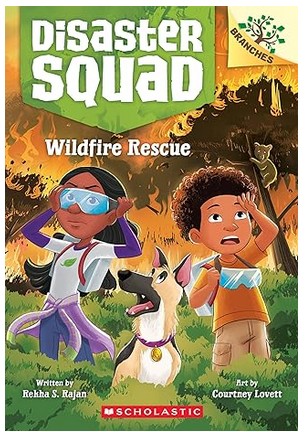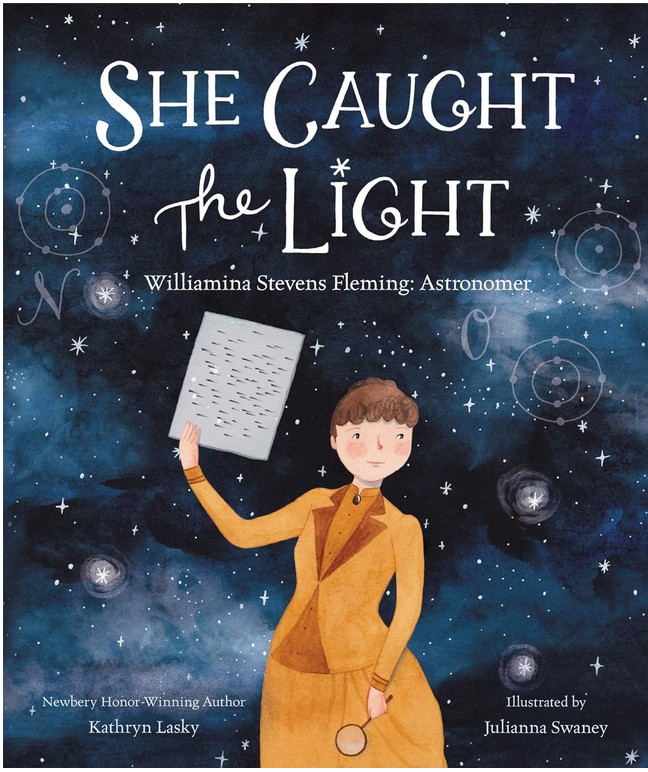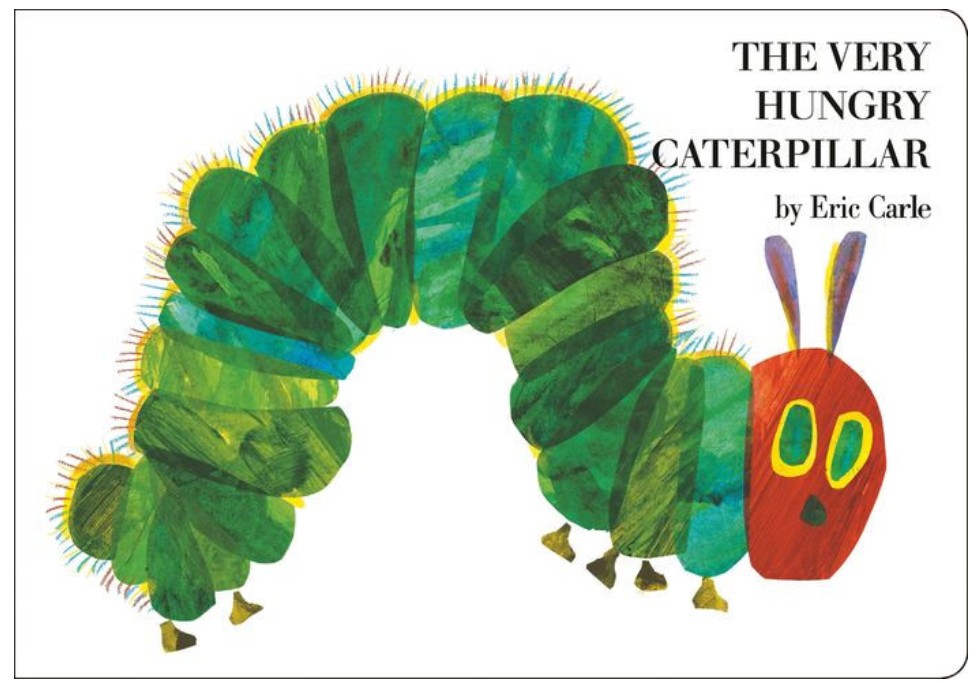Ana Dakkar is a freshman at Harding-Pencroft Academy, a five-year high school that graduates the best marine scientists, naval warriors, navigators, and underwater explorers in the world. Ana’s parents died while on a scientific expedition two years ago, and the only family she’s got left is her older brother, Dev, also a student at HP.
Ana’s freshman year culminates with the class’s weekend trial at sea, the details of which have been kept secret. She only hopes she has what it’ll take to succeed. All her worries are blown out of the water when, on the bus ride to the ship, Ana and her schoolmates witness a terrible tragedy that will change the trajectory of their lives.
But wait, there’s more. The professor accompanying them informs Ana that their rival school, Land Institute, and Harding-Pencroft have been fighting a cold war for a hundred and fifty years. Now, that cold war has been turned up to a full boil, and the freshman are in danger of becoming fish food.
In a race against deadly enemies, Ana will make amazing friends and astounding discoveries about her heritage as she puts her leadership skills to the test for the first time.
In Daughter of the Deep, the books 20,000 Leagues Under the Sea and The Mysterious Island written by Jules Verne are more factual than fictional. One of the teachers explains who the book’s characters are and where they fit into modern society. Ana also discovers that she is a descendant of Captain Nemo who “hated the great colonial powers. . . and had personal reasons to hate imperialism.” While introducing the above topic, both the Land Institute and Harding agree that “turning Nemo’s technology over to the world’s governments, or worse, the world’s corporations, would be disastrous.” Riordan repeatedly reminds readers of the danger of the world’s governments and corporations, who are more concerned with keeping their monopolies than helping citizens. This theme is not well-developed, and most teens will quickly forget these passages.
The story is told from Ana’s point of view. Even though she is the heroine, Ana is not portrayed as a perfect person. After her parents died, Ana dissociates; the narrative explains that Ana has talked to the school counselor regarding her grief. While Ana’s talk of her painful menstrual cycle makes her more relatable, the topic will make some younger readers uncomfortable. After the hostiles destroy Harding-Pencroft Academy, killing anyone on campus, Ana decides that the hostiles will be let free without any consequences. In the story’s conclusion, Ana unrealistically forgives the people who destroyed the school and then tried to kill her and her friends.
The story has a large group of characters who are both racially and religiously diverse. Plus, one character, Ester, has autism and needs an emotional support animal. However, even with readers paying close attention, the large cast of characters is difficult to keep track of. Daughter of the Deep has a unique premise, interesting characters, and fun technology; however, the story leaves the reader wondering if justice was served or if Ana’s opponents will just regroup and come back to continue their killing spree. Before jumping into Daughter of the Deep, readers who are intrigued by Jules Verne’s books should read the Max Tilt Series by Peter Lerangis.
Sexual Content
- None
Violence
- In order to demonstrate a Leyden, Dr. Hewett shoots a student. “The only sound is a high-pressure hiss. For a millisecond, Gem is wrapped in flickering white tendrils of electricity. Then his eyes crossed, and he collapsed in a heap.” Gem recovers quickly.
- Students from the Land Institute attack the Harding-Pencroft Academy’s yacht. When they board the vessel, they use grenade launchers. “Two fist-size canisters plunk onto our gangway and roll hissing. . . the explosions still leave [Ana’s] head ringing.”
- A student’s dog helps defend his person. The dog, Top, “joins the party, clamping his jaws around the guy’s throat . . . As it is, he [the attacker] crab-walks backward, screaming and trying to shake off the furious twenty-pound fluff demon attached to his windpipe.”
- During the attack, “Two hostiles fire their silver weapons. Miniature harpoons impale Elois’s shoulder and Cooper’s leg. White arcs of electricity bloom from the projectiles, both [students] crumple.” When the hostiles continue to fire, “Drue Cardenas shoots another intruder. Unfortunately, the electricity also arcs to Nelinha, who had been in the process of pummeling said intruder with a socket wrench. Both of them go down.” No one is killed, but several are injured. The fight is described over six pages.
- Caleb, a student from the Land Institute, attempts to kidnap Ana. They are in the ocean when Ana snaps her “head backward and hears the satisfying crunch of Caleb’s nose breaking.” As the two struggle, “help comes from an unexpected direction. Right next to us, a mass of sleek blue-gray flesh explodes out of the sea, and Caleb is body-slammed into oblivion under the weight of a six-hundred-pound bottlenose dolphin.” Ana is able to escape.
- A huge octopus, Romeo, likes the submarine, the Nautilus. When Ana and Gem first see it, “Gem tackles me and jets me out of the way, but the creature isn’t interested in us. Eight tentacles the size of bridge cables wrap themselves around the Nautilus.” The group manages to safely detach the octopus from the sub.
- Ana’s brother, Dev, who is captain of the Aronnax, attacks the Nautilus. “The Aronnax’s four torpedoes sail straight over our heads. . .” Before the Aronnax can cause any damage to the Nautilus, “Romeo’s enormous tentacles wrap around the Aronnax, pulling her into an embrace… Romeo snaps the Aronnax like gingerbread. Fire and sea churn together. Giant, silver air bubbles, some with people inside, billow toward the surface.” The Aronnax is destroyed, but everyone survives.
- There is a multi-chapter confrontation between Dev’s group and Ana’s group. When Ana and Gem try to get back to base, they see “Dev’s skiff is waiting for us. . . a black wedge bristling with weapons like the spines of a porcupine fish. It faces us from only fifty feet away. . . and in the pilot’s seat is my brother. . . We sail over the Dev’s stern . . . Gem shoulders his Leyden rifle and fires two rounds straight into the submersible’s propulsion system.” Once the skiff is out of commission Ana and Gem go to free the hostages.
- Back at the base, Ana and Gem are attacked before they can get out of the ocean. “The nearest diver jabs [Ana] with his knife. . . The razor-sharp edge rips the fabric and grazes my ribs. . . White spots swim in my eyes. Nevertheless, I use my boots to wrestle my attacker, pushing him backward into one of the pier’s pylons.”
- In order to get away from her attacker, Ana unsheathes her “blade and stabs him in the BC vest. . . With his vest’s air bladder punctured, my opponent is blinded by bubbles. He starts to sink . . . On his way down, I kick him for good measure.” Socrates, Ana’s dolphin friend, helps in the fight. “While he headbutts the blue-eyed diver into submission, three of the local bottlenose dolphins descend on the other guy . . . The dolphins welcome him to the neighborhood with an extreme tail-fin smackdown.”
- Gem shoots several of the opponents with non-lethal bullets. The bullets leave them with “nasty red welts in the middle of their foreheads.”
- When Gem and Ana get to the base, they see their friends “are being held at gunpoint.” Gem uses an alt-tech flash-band and then enters the dining room “but there’s no one left to shoot at. Our friends are still alive, though they’ve looked better. . . All four hostiles are out cold, spread-eagled on the floor, goofy grins frozen onto their faces. . .”
- Dev finds Ana and Gem. “My brother smacks [Gem] across the head with a ratchet. Gem collapses. . . My brother glares at me. . . He grabs my wrist, slapping the gun from my hand, then steps in and twists, attempting to throw me over his shoulder.” The brother and sister fight until, “[Ana] shoot[s] him three times. The last rubber bullet snaps his head back, raising an ugly red spot right between the eyes.” Dev is taken as prisoner and locked in a room. The casualties from the battle are minor. There were no deaths on either side.
Drugs and Alcohol
- Students from the Land Institute attempt to kidnap Ana. Ana describes, “Someone behind me locks his forearm across my throat. I feel a sharp pain like a wasp sting in the side of my neck.” Ana discovers that she has been injected with sea-snake venom.
- Ana takes Midol for period pain.
Language
- God, oh god and my god are all used as exclamations several times.
Supernatural
- None
Spiritual Content
- When Ana’s school is attacked and destroyed, she prays, “Three-Eyed One, Lord Shiva, who nourishes all beings, may He liberate us from death.”
- While thinking about her ancestors, Ana thinks, “Ester and I were bound together before we were born. It makes me wonder about reincarnation and karma, and whether our souls might have met at another time.”
- After Ana realizes that her brother destroyed their school, she said “a prayer for my brother, and for the future.”
